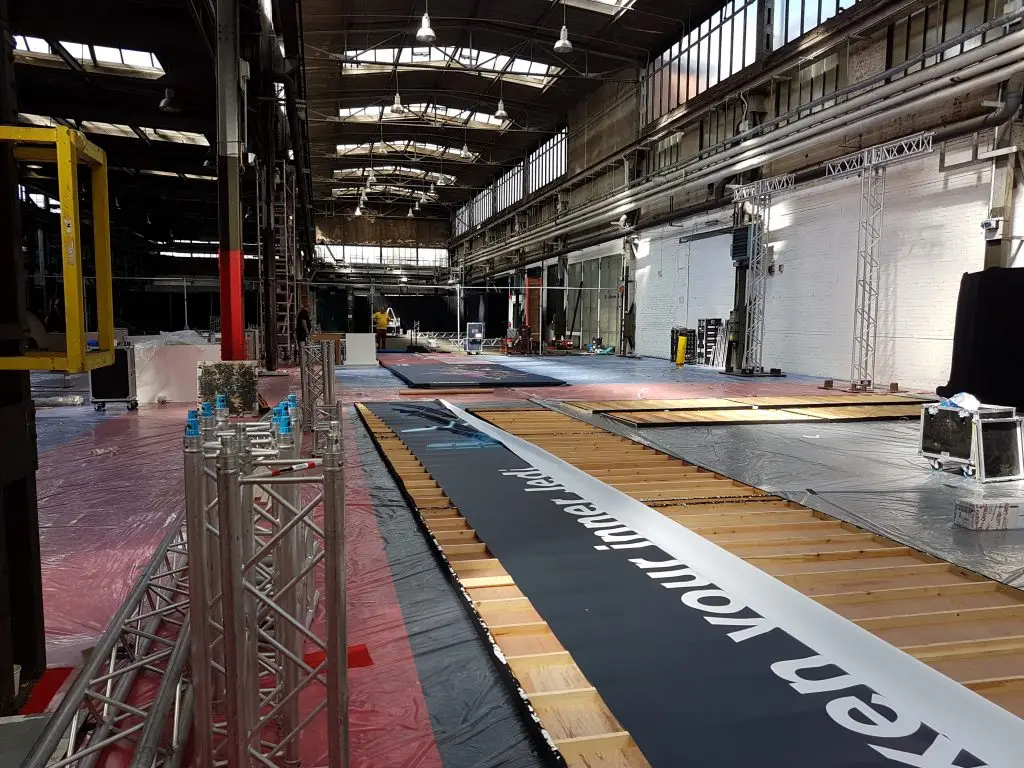In the events world you’ll hear lots of buzz words, dry hire, production wet hire. You’ll hear about event agencies and event companies, quite often the terms are misunderstood or just not even questioned. But what actually do they all mean, i mean do you know the difference between video production and a videographer? Or dry hire and wet hire?
We’ll try and outline some simple definitions and help explore what they all do in the events world!
we will look at the following:
Wet Hire
Dry Hire
Event (Technical) Production
Event Company
Video Production
Videographer
F&B (Food and Beverage)
Logistics
Wet and dry hire refer to the terms of hiring out equipment. If you just need to hire equipment to use without any operator or assistance supplied as is this is known as Dry Hire. If you require equipment and either want or need an operator because of the complexity of operating the kit, or because the equipment requires a technician then this is known as Wet Hire. Some of our larger speaker systems come as a wet hire as we require for our own security and reassurance the kit is going to be used correctly. Items such as a clicker for powerpoint slides is often supplied as a dry hire, as you just need to plug it into your computer.
Event production and an events company are similar in operation with slight differences, they design events based on a concept and deliver it with different skills. Event production is often a collaborator of resources and oversee more of the technical aspect of an event, such as sound lighting, power and structures. Everything is managed to come together at the right time during a build up of an event, dismantle and handling of all spects technical.
An events company is more of a design customer fronted setup. The company will come up with the event brief, the reason and style for the customer to meet their needs and ensure that the event reflects the purpose of putting it on. They will manage the experience for delegates, for example sourcing venues, theming, designing the event be it an exhibition, awards show, product launch. It’s the part of the event that if successfully executed will just feel right and meet with expectation that this is what it should be. For example for awards evenings certain expectations are made, such as awards being given out, judging to have been carried out, dinners to be arranged.
It can seem a little confusing to have both a videographer and video production company working on a project, but actually they work hand in hand. A videographer is much like a camera operator, they will film something either recorded or for live relay. The production side of videography comes more into creating a story through cutting video segments together, creating an awards video with celebration and branding with animation. Video production can also stretch to live vision mixing and editing on the fly, delivering the output on TV’s large projectors of LED video walls.
A simple videographer will be the kind used for a school production filming a continuous show with basic editing to then produce a DVD.
This is the aspect of people managing and handling. It’s a big task requiring lots of accuracy with people’s names, requirements and able to stay very calm under immense pressure.
Let us take an example event of a festival. Food and beverage (F&B) will ensure that crew are all fed with catering, ensuring that ryders for food and drink requirements are met for the artists and even down to ensuring that suitable diverse food is available on site for all visitors. They will manage all the catering companies to ensure good stock of food and drink, they will plan for surges such as opening nights, or big headliner acts requiring more food to be moved around site to the stages in demand. From a corporate side of things with an awards dinner, this is as complicated as ensuring that every delegate is sat in the right position at the right company table. That their name badge is present for food, and that any allergies are taken into consideration for a 3 course meal. The F&B manager will ensure that the food is delivered at the right points during the night.
Logistics is ensuring that people are in the right place they should be, for example visitors at an exhibition are all correctly registered before entering. You may need to arrange hotel rooms for staff and crew, this may need to span over several hotels and things like coaches or transportation between hotel and site may need to be considered. For events involving breakout rooms, the logistics will plan who is going where, ensuring capacities are within venue limits and movement is clear concise and efficient. In the industry we often refer to people acting like sheep, people will follow other people if they think it is right and may lead to all sorts of issues! Logistics will also handle things like signage, venue movement and plan routes.
The above roles are quite broad and within each of these are even more roles. Like with any project it’s best to outline all the aspects you think you’ll need and discuss all aspects, you’ll often find there are holes that are genuinely missed. It’s best to identify this while in the planning than it is on the event day!
Why the paddling duck? To execute an event well, it needs to be planned, planned and planned again. Every aspect needs to be considered including what ifs, and often plan B options. Like a duck gliding gracefully over a pond moving smoothly with purpose an event should appear smooth as the end result. Underwater however there is continuous frantic paddling, behind the scenes every aspect of the event is being checked, questioned and run through.
Don’t be a sheep, Paddle strong and gracefully like a Duck!

